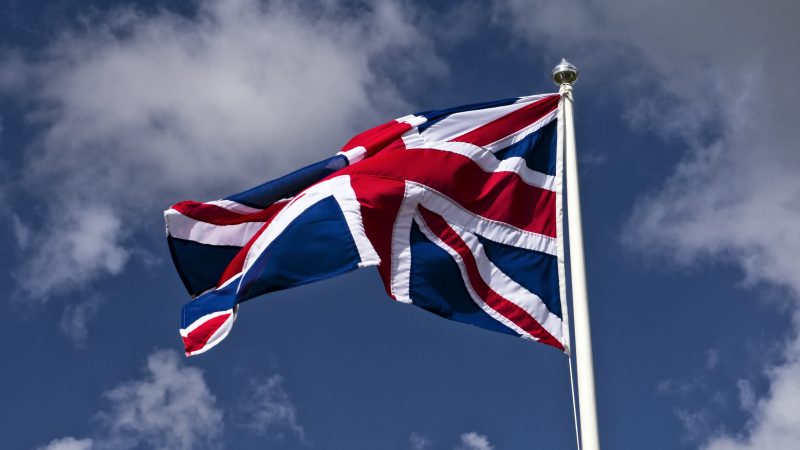
News of Labour’s plan to make use of the Union Flag in an attempt to rebrand was met with both alarm and approval. A flag may be a simple thing – some colours and shapes on a piece of cloth – but its symbolic, cultural and personal meaning is incredibly deep and complex. It means so many different things to so many people. The sight of it can induce pride or fear. It can used to support good or evil.
Labour supporters can love or hate debates about nationalism, patriotism, identity and belonging – but no serious political project can now avoid them. The debate is here now and reveals so much about what is wrong with our society and what can be put right.
The stakes are the highest since the 1930s. Exceptionalist nationalism has taken root because our democracy isn’t working for enough of the people enough of the time. If people cannot find security and freedom in democracy then eventually they will look elsewhere. Many are. That isn’t because they are all stupid or racist, but because democracy and politics have been subordinated to the market. This is the deliberate intention and purpose of neoliberalism: the eradication of politics and democracy as a meaningful way to run society. In the formulation of the late Zygmunt Bauman, “power has been separated from politics and politics from power”.
But people also know that it’s not just a case of going back to the same old democracy. The idea of democracy as just a vote every four years for someone you don’t really know, to do politics for you and to you, is over. People now have a sense of information, power and agency, through technology, which leaves old politics for dead. Labour can help create a new and deeper local, sectoral, regional, national and global democracy – if it has the ambition to do so.
The Tories know this – they know we stand on the verge of a new democratic era – and they want to extinguish that possibility through populism and nativism. 40 years of rampant free-market globalisation – accelerated by both the Tories and sadly Labour, too – have summoned the spectre of national populism. Or, to put it another way: it’s partly our fault.
The answer isn’t to try and copy the right’s warped view of markets or nationalism – we can never outrun them on their terrain. We shouldn’t even try because it is morally wrong. Instead, Labour needs to do three things. First, it must commit to a new democracy – one that gives people real meaning in their neighbourhoods, their workplaces, the services they use and nationally. For instance, Brexit never would have happened if we had had proportional representation, given in 2015 almost four million UKIP voters were totally ignored – and it came back to bite us. But we must go deeper than PR: citizens assemblies, home rule for the four nations of the UK, a progressive regionalism and much more given the technology at hand.
Secondly, Labour has to embrace globalisation. There will be no local or national self-determination without global self-determination. This no longer sounds far-fetched. Covid-19 reveals a world that is deeply interconnected. The pandemic both locked us down and opened us up. Tax, jobs, migration and climate all demand a global response. Either there will be a race to the bottom or a new sense of global common good. Until we reconnect power with politics, nativism will prevail. The corporations and financial markets slipped the mooring of national democracy; now they must be re-anchored to society at a global level.
Thirdly, Labour must deploy a politics of both/and, not either/or. We are all from somewhere and nowhere. We all have complex lives, backstories and hopes. We can be proud of our country and our flag and care deeply for people we have never met and never will. But to express the best in us demands levels of security that only society as a whole can offer. This won’t be the 20th-century security of a job for life or endless consumption. It will be based on something like basic income, universal basic services, new systems of care, more time off from work and a green industrial and social revolution. It will also mean protecting the public realm – the parks and libraries where we are citizens, and the common institutions of a nation. Preserving old ones, like post offices and public broadcasting, and creating new ones – the digital commons that will allow us to flourish in this century.
Labour can and must be local and global, determined to shape modernity for all, while respectful of tradition and those who want to conserve the best parts of it. In Compass, we talk about the Open Tribe because of our need to belong, but only if we are willing to adapt, explore and reach out. The right answer is hardly ever either/or but both/and. We can and should be as proud of Captain Tom as we are of Marcus Rashford.




More from LabourList
‘What Batley and Spen taught me about standing up to divisive politics’
‘Security in the 21st century means more than just defence’
‘Better the devil you know’: what Gorton and Denton voters say about by-election